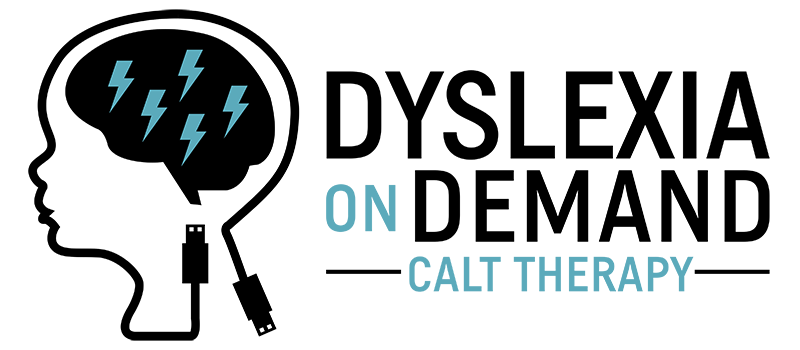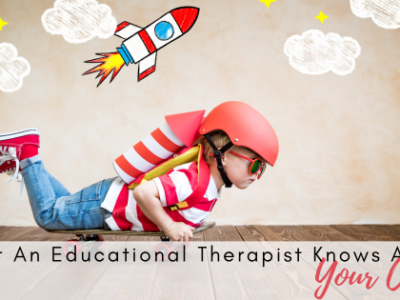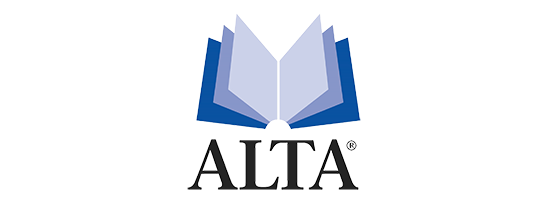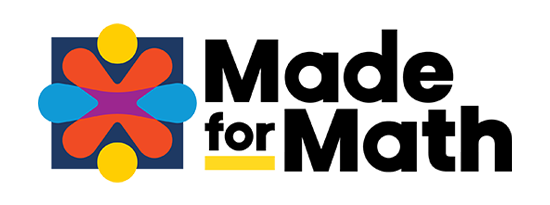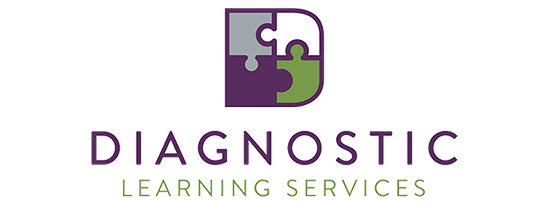
What Does It Take To Be An Educational Therapist
Parents tend to have great intuition when it comes to their kids. Sometimes, when children are struggling, parents will pick up on the small details that point to a problem. For kids who struggle with different kinds of learning disabilities, problems might surface with issues like fatigue, moodiness, and anxiety or stress around doing homework, reading, or going to school. Parents might notice all of these issues, but they don’t always have the tools to deal with these effects of learning disabilities. That is where educational therapists come in.
Educational therapists can be psychologists, special education specialists, or speech and language specialists. The work that educational therapists do is truly life-changing. They can help your children to find success in school, and the work they do can encourage and empower children to become lifelong learners. Read on to learn more about what it takes to be an educational therapist.
Plan out your higher education journey. The path to becoming an educational therapist includes earning a bachelor’s degree in a relevant field such as education, special education, psychology, or human development. After a bachelor’s degree is earned, there are different programs in educational therapy to pursue at the master’s level.
Work to get some hands-on experience. Higher education is wonderful, but there is no teacher like real life experience. For aspiring educational therapists, doing volunteer work, internships, or working paid jobs in the field of education that they want to work in is invaluable.
Get certified. Depending on what field of educational therapy you go into, there are many professional organizations for educational therapists that offer certification in specific areas. Some of these organizations include the Association of Educational Therapists and the International Dyslexia Association.
Find your dream job. Helping children to improve and succeed in their education is a great goal. Educational therapists can discover work opportunities in many different kinds of jobs such as schools, private practices, or even specialty tutoring or therapy companies.
Stay current with skills and knowledge. Professional development is a valuable part of just about any career. For educational therapists, staying educated on the latest studies, methods, skills, and data throughout their careers—through things like workshops, conferences, and coursework—is essential. It helps to provide clients with the best service possible.
Patience and compassion are key. Educational therapy is such important work, and it can be challenging too. Working with students who are struggling requires an exceptional amount of patience, compassion, and understanding.
Be an advocate. Children often need a team of people supporting them. For students with learning disabilities, this is especially true. Educational therapists, parents, teachers, and policymakers can all be part of the team that advocates for the educational needs of children who have learning disabilities.
A special kind of educational therapist: CALTs. Once a child has been diagnosed with a learning disability like dyslexia, it is so beneficial to have an educational therapist to work with them on developing skills and devising effective learning strategies. At Dyslexia on Demand, our dyslexia program uses Certified Academic Language Therapists (CALTs). These professionals are qualified to implement therapeutic grade, Orton-Gillingham-based dyslexia interventions. In the process, they provide students with dyslexia a specialized approach to instruction that builds a high degree of accuracy, knowledge, and independence.
CALTs work to create tailored learning programs. CALTs review students’ comprehensive evaluation reports and academic samples, and they also administer academic skills assessments to obtain baseline information for students. From there, CALTs can work on diagnostic and prescriptive interventions so that students can achieve high levels of accuracy, fluency, and independence in their language skills.
CALTs are driven by results. CALTs are a special kind of educational therapist; they enable explicit understanding and application of the structure of the English language to help create a solid foundation for students in both spoken and written language.
Working with CALTs is intensive. These therapists provide expert, skilled one-on-one or small-group interventions. Sessions with CALTs should be done at a high frequency over a long period of time, helping to better develop students’ comprehension.
Multisensory work is essential. CALTs work to combine visual, auditory, and motor processing with an explicit understanding of the structure of the English language.
At Dyslexia on Demand, we believe that all children deserve to be academically successful, no matter what their learning style or learning disability is. Our therapists are working with the latest research to help provide the best outcomes for students with dyslexia. One thing that makes Dyslexia on Demand stand out: we work in a therapeutic environment—providing instruction online that reaches you in the privacy of your own home, without the distractions of a school classroom. Parents and students are our partners as we work to make academic language therapy successful.
Will an educational therapist like a CALT be able to help your child succeed? Reach out to Dyslexia on Demand to learn more about dyslexia therapy by calling 512-387-6365.
